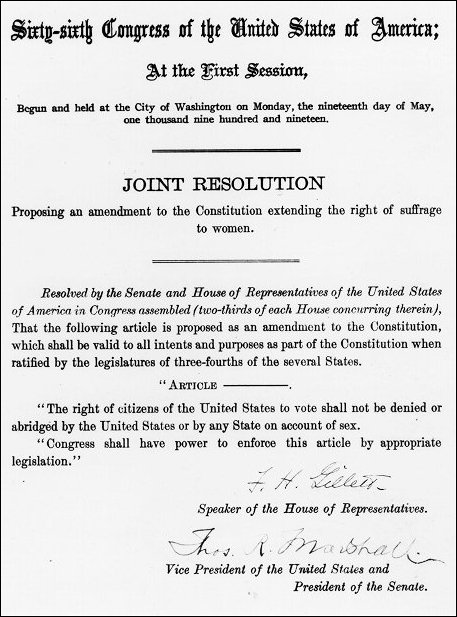War Industries Board and the intervention of government

The picture of Bernard Baruch, who was assigned to oversee the War Industries Board. From worldlyphilosophers.com
On July 28 1918 the War Industry Board was established by federal government to coordinate production war-related in the country. Very well known in our college Bernard Baruch, a successful financier at the time was set to oversee the Board. This was unprecedented intervention of government into economy dictated by U.S. involvement into WWI.
In Foner the War Industry Board is presented in the context of progressive movement, which aspired to use the momentum produced by the war to reform “the American society along scientific lines”. The 1917 Selective Service Act is mentioned just before the the War Industries Board as another example of war created “national state” with unseen before presence in Americans’ everyday lives. So it seems that the Board was touched upon in the text as an example to expanding government and progressive achievement. However the social premises of the Board were very well elaborated, the economic prerequisites were left untouched completely. From my quick research there were plenty of them, such as instant surge of demand on steel up to and beyond the edge of what economy could produce and many more. The description of the board’s functionality and structure was very brief. There was no coverage of the aftermath of War Industry Board’s activity, or any assessment of the role it had played for the US economy or strategy during the war. And as a Baruch college student I am grateful Foner had Bernard Baruch specifically mentioned in the text, however I’d love to see more information about his personal contributions into the Board’s operations.





















